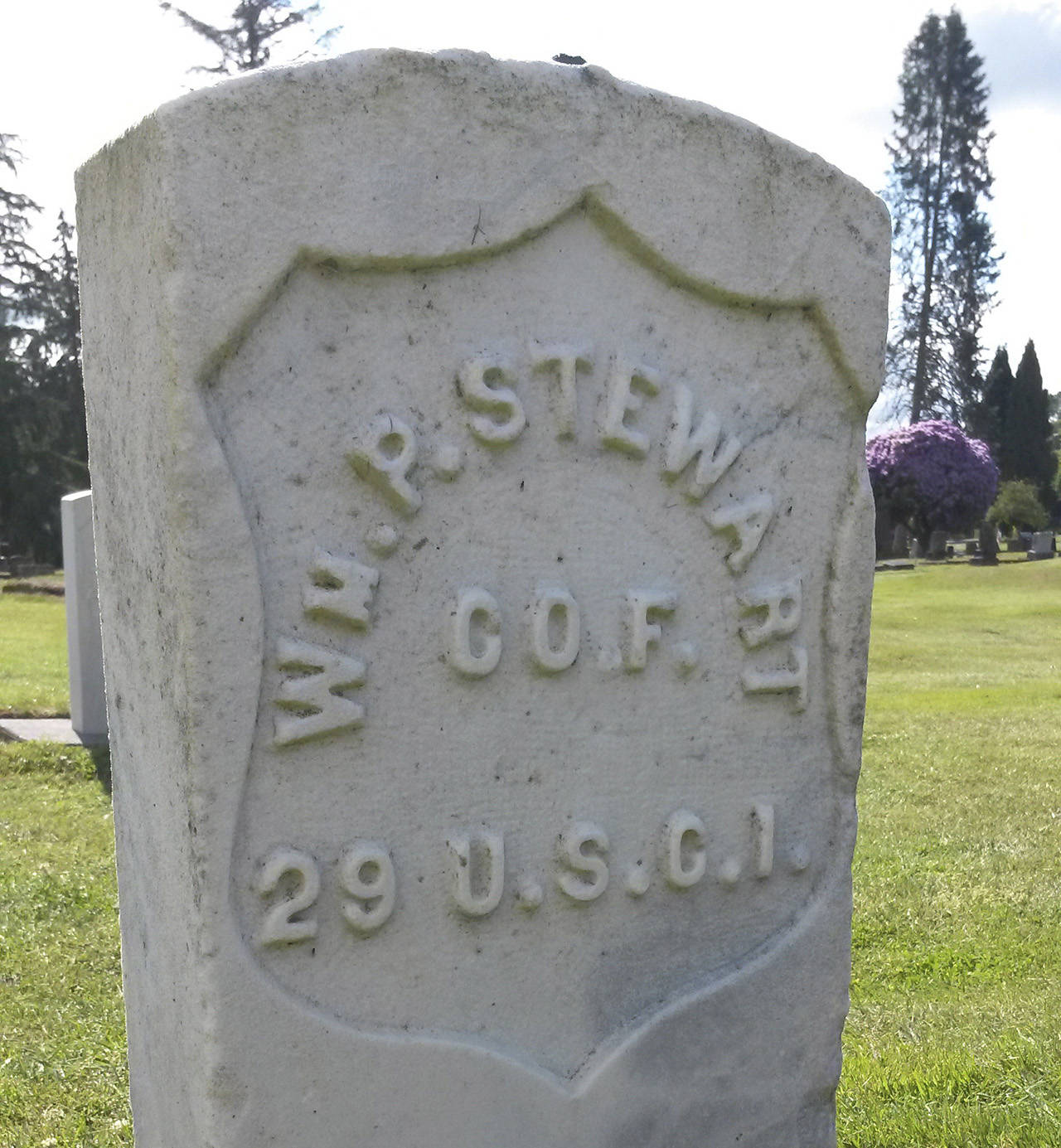By The Herald Editorial Board
The drive to remove statues and other memorials to figures of Civil War Confederates has gained speed and attention following the white supremacist rally in Charlottesville, Virginia, earlier this month.
While the motive of white supremacists who gathered in Charlottesville was to assert an agenda of hate, ostensibly they were there to protest that city’s removal of a statue of Confederate Gen. Robert E. Lee, erected in 1924. Charlottesville’s city council voted in February to remove the statue, but a lawsuit and a court case leave the monument standing for now.
Others have recently come down, including a memorial to Confederate soldiers toppled by protesters in Durham, North Carolina, the following weekend; and statues of Lee and three other Confederate figures from the University of Texas at Austin on Monday, carrying out a decision by university officials that had been under consideration at the urging of students, following the June 2015 church shooting in Charleston, South Carolina.
Washington was granted statehood two decades after the Civil War and had no direct ties to the war beyond the Union and Confederate soldiers who would settle here after, yet a few memorials and markers exist. And their continued presence also is being debated.
Bellingham city officials on Friday removed brass plaques on the Dupont Street bridge over Whatcom Creek that identified it as the Pickett Bridge, honoring U.S. Army Capt. George E. Pickett, the Confederate Army major general best known for leading a failed and bloody offensive on the third day of the Battle of Gettysburg, Pickett’s Charge.
Before the Civil War, Pickett, as an Army captain, built Fort Bellingham in the 1850s and supervised construction of the first bridge over Whatcom Creek. And in 1859, during a dispute between Great Britain and the U.S. over ownership of the San Juan Islands, Pickett and a company of 64 men set up camp on San Juan Island and maintained the post during what became known as The Pig War. (The war’s only casualty was a British Hudson’s Bay Co. pig, shot by an American settler.)
There are legitimate arguments on each side of the Bellingham bridge debate. Bellingham City Council members acknowledged that residents and students at nearby Western Washington University were uncomfortable with a local landmark named for “a pinnacle of America’s racist history,” The Bellingham Herald reported.
Pickett, without doubt betrayed the United States and the Army he had served when he left to join the Confederate defense of slavery, but he does have an undeniable connection to state history.
The plaques that were removed, placed by a chapter of the Daughters of the American Revolution in 1920, made no mention of Pickett’s Confederate history, only that the bridge was built on the site of the Army captain’s first bridge. The plaques didn’t trumpet Pickett’s Confederate past, nor did they acknowledge it.
Much more dubious was the connection and the justification for Washington state’s Highway 99, the north-south route that predated I-5, being named for Confederate President Jefferson Davis. A 1940 campaign by the state chapter of the Daughters of the Confederacy argued it was honoring Davis’ work as U.S. secretary of war prior to the Civil War to direct surveys for transcontinental railroad routes. Stone markers with Davis’ name were placed at each end of Highway 99 in Blaine and Vancouver.
Like the dog whistles sounded today, the naming of Highway 99 for the Confederate president was less about railroads and more a Jim Crow-era reminder to blacks and other cultures as to who controlled society and government, even in the northern U.S., even in Washington state.
Vancouver city officials stowed their marker in the late-90s, but the northern marker wasn’t removed until 2002. Not content with removal of the markers, then-Rep. Hans Dunshee of Snohomish began work to change the highway’s name to honor a black pioneer with a stronger link to the state and one worthy of the honor: William P. Stewart, after risking his life and freedom fighting for the Union Army, came to the Washington territory and settled in Snohomish.
After more than a decade of effort, Dunshee and other lawmakers won unanimous passage last year to name Highway 99 as the William P. Stewart Memorial Highway. Signs marking the designation went up recently, as Herald Columnist Julie Muhlstein reported, an achievement celebrated by Stewart’s surviving great-granddaughters.
Each of these cases demonstrates why the decision of how to mark history in our communities belongs to those communities. But those decisions have to follow from discussion and a consideration of the history of all cultures involved.
Protesters tearing down statues and monuments removes that responsibility from the community and only invites vandalism against all memorials and monuments.
Memorials, as the word implies, are meant to memorialize a person or event, to offer a starting point for looking further into our past.
In honoring the best of our American stories, we need to be careful not to obscure and deny even the shameful chapters of that history.
Talk to us
> Give us your news tips.
> Send us a letter to the editor.
> More Herald contact information.

























